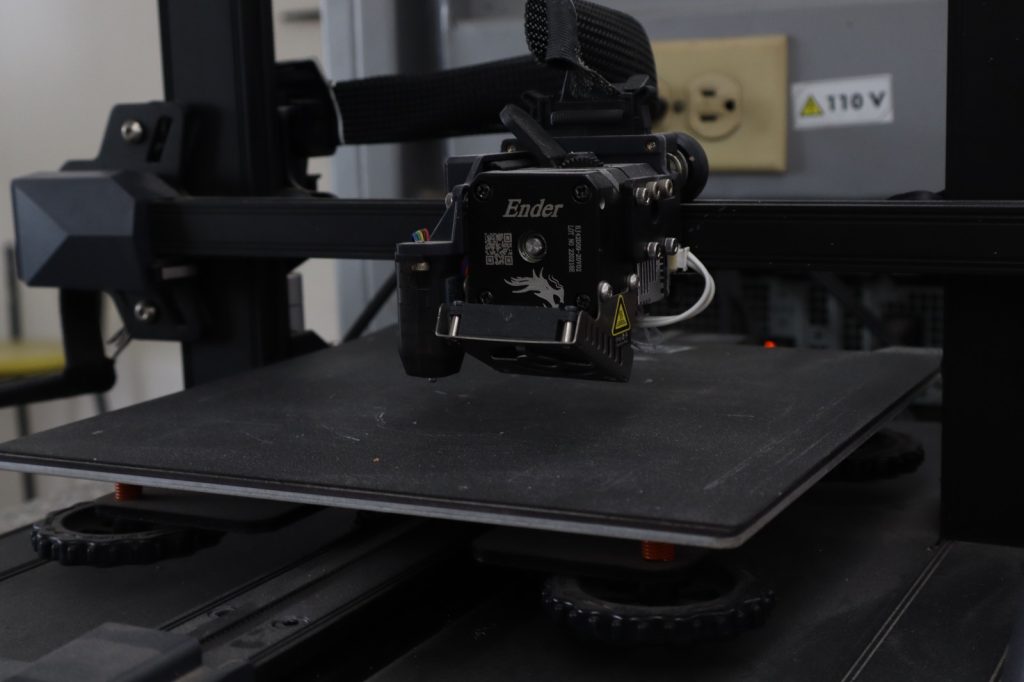The universities that are part of EL BONGÓ physics in Colombia, Ecuador, Peru, Venezuela, Guatemala, Honduras, and El Salvador now have their first electronic measurement equipment, marking the start of building a network of laboratories for the digital fabrication of instruments—FabLabs. This initiative aims to offer advanced physics training in the region through a collaborative and interconnected model.

As is well known, EL BONGÓ physics aspires to implement learning strategies in digital environments, utilizing open data and virtual laboratories. FabLabs, conceived worldwide for the small-scale fabrication of objects using digital tools, will help drive the goal of networked training with innovative approaches to the production of scientific knowledge.
The project aims to establish a uniform network of scientific instruments across Colombia, Ecuador, Peru, Venezuela, Guatemala, Honduras, and El Salvador, with the purpose of boosting autonomy in Latin America in this field. Both the instrument infrastructure and the resulting data are conceived as part of a collaborative and open platform.
Dennis Cazar Ramírez, representative of the San Francisco University of Quito (Ecuador), highlighted that these spaces bring together knowledge in electronics, physics, and programming to design and manufacture circuits, sensors, and measuring devices. He also mentioned that access to this network of equipment accelerates processes and improves outcomes, as it “enables students to engage in hands-on experimentation, from the design phase through to prototype implementation, ensuring comprehensive and applied learning.” The FabLab at the San Francisco University of Quito will be one of the first laboratory hubs to be activated for designing learning experiences across the four knowledge areas promoted by EL BONGÓ physics.
Christian Sarmiento Cano, representative of the Autonomous University of Bucaramanga (Colombia) and the project’s instrumentation lead, stated that FabLabs “allow students and professors to solve complex problems by fabricating components within the laboratory itself, thus avoiding delays and costs associated with external production.” He further explained that “having FabLabs in the project optimizes time, since parts are obtained faster. It also allows prototyping, making mistakes, and redesigning without losing a month in the process.”
Among the expected instruments are 3D printers, laser cutters, CNC machines, automatic solderers, and components for manufacturing particle detectors and environmental sensors, which can be used in astroparticle and astrophysics research.
Currently, the project is processing the purchase and transfer of equipment so that the FabLabs can become assets of each university involved in this Latin American initiative. The goal is to have a network of laboratories ready to begin academic activities in 2026.
Por: Karol Guarín Núñez – Estudiante de Comunicación Social UNAB
